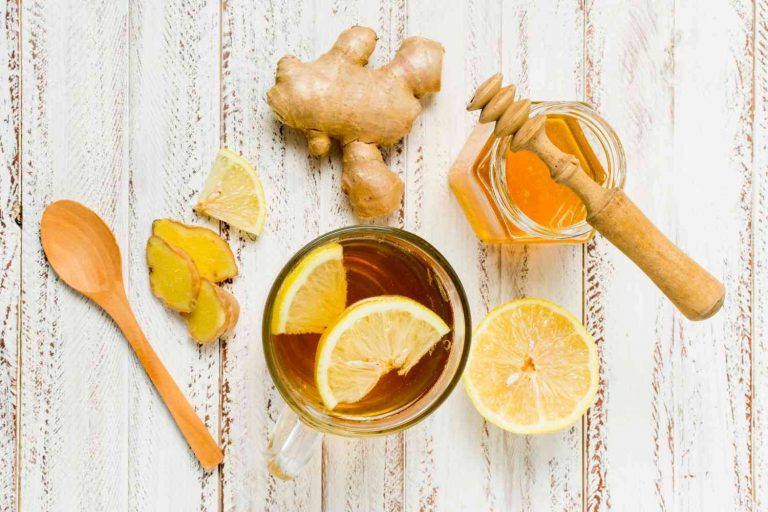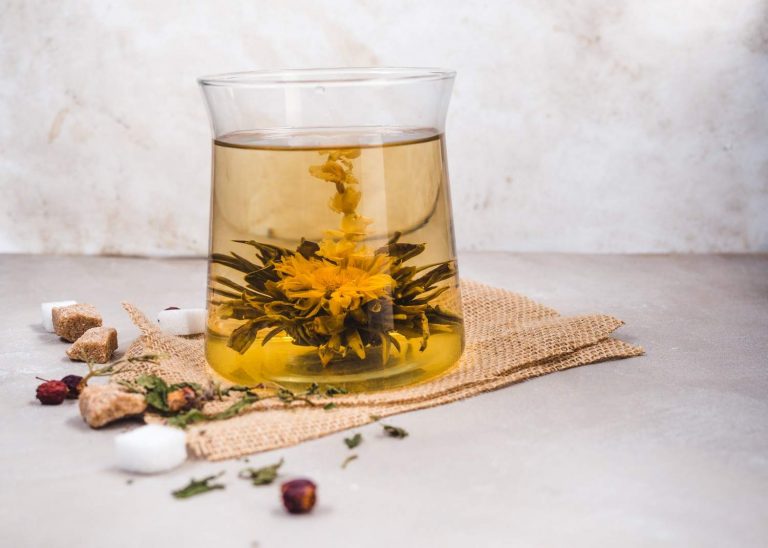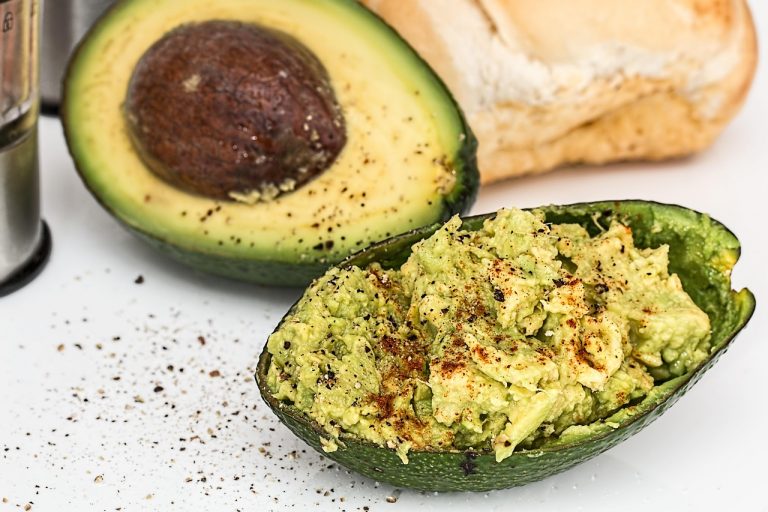Did you know that nearly half of all women experience hormonal imbalances at some point in their lives? From PMS to menopause, it’s a ride most of us would rather not take. But what if I told you that there’s a natural remedy that could help? Enter moringa leaves, a powerhouse of nutrients that may just be the answer to your hormone balance prayers.
Moringa, often dubbed the “miracle tree,” has been used for centuries across various cultures for its health benefits. But how does it relate to hormonal balance? Let’s dive into five natural remedies that incorporate moringa leaves to help you regain control over your hormones.
Contents
1. Moringa Leaves and Their Nutritional Profile
Before we get into the remedies, let’s talk about why moringa leaves are so special. Packed with vitamins, minerals, and antioxidants, moringa leaves are rich in:
- Vitamin A: Promotes healthy skin and vision.
- Vitamin C: Boosts the immune system and acts as an antioxidant.
- Calcium: Essential for bone health.
- Iron: Crucial for energy levels and preventing anemia.
- Protein: Supports muscle health.
These nutrients play a significant role in maintaining hormonal balance. For example, vitamin B6 is known to help alleviate PMS symptoms, while calcium can ease mood swings. When combined, these elements create a nutrient-dense option for those looking to stabilize their hormones.
Pros:
- Nutrient-dense and versatile.
- Can be easily incorporated into meals.
Cons:
- Some people may be allergic to moringa.
- Overconsumption can lead to digestive issues.
2. Moringa Tea for Stress Relief
Stress can wreak havoc on your hormones, leading to imbalances that affect your mood, sleep, and overall well-being. Moringa tea is an excellent way to unwind and reduce stress. The leaves contain compounds that have been linked to lower cortisol levels, the hormone responsible for stress.
How to Prepare Moringa Tea:
- Ingredients: 1-2 teaspoons of dried moringa leaves, hot water, and optional honey.
- Instructions: Steep the leaves in hot water for 5-10 minutes, strain, and enjoy!
Benefits:
- Reduces stress and anxiety.
- Promotes relaxation and better sleep.
Caveat:
While moringa tea can be calming, it’s essential to note that individual responses may vary. Some might find it energizing rather than relaxing.
3. Moringa Smoothies for Nutritional Boost
If you’re looking for a quick and delicious way to incorporate moringa into your diet, try adding it to smoothies. Not only does it enhance the nutritional profile, but it can also help regulate hormones. Green smoothies loaded with moringa can support your body’s natural detoxification process, which is crucial for hormone health.
Moringa Smoothie Recipe:
- Ingredients: 1 banana, 1 cup spinach, 1 tablespoon moringa powder, 1 cup almond milk, and a handful of berries.
- Instructions: Blend all ingredients until smooth and enjoy!
Benefits:
- Provides a balanced mix of nutrients.
- Easy to digest and absorbs quickly.
Considerations:
While smoothies can be a fantastic way to get your nutrients, be mindful of the sugar content in fruits. Opt for lower-sugar fruits if you’re watching your blood sugar levels.
4. Moringa Capsules for Supplementation
For those who find it challenging to incorporate moringa into their daily meals, moringa capsules can be a convenient alternative. These capsules typically contain moringa leaf powder and can provide a concentrated dose of the nutrients that support hormone balance.
Benefits:
- Easy to take and travel-friendly.
- Contains a concentrated amount of nutrients.
Caveats:
- Dosage matters! Always follow the recommended dosage on the package.
- Not a substitute for a balanced diet.
5. Moringa Oil for Skin Health
Hormonal imbalances can often manifest in skin issues like acne or dryness. Moringa oil, extracted from the seeds of the moringa tree, is rich in oleic acid and has anti-inflammatory properties. Using moringa oil on your skin can help regulate oil production and keep your skin hydrated.
How to Use Moringa Oil:
- As a moisturizer: Apply a few drops to your face after cleansing.
- In DIY skincare: Mix with other oils or ingredients for a custom face mask.
Benefits:
- Hydrates and nourishes the skin.
- May help with acne and other skin conditions.
Considerations:
Always perform a patch test before using any new oil on your skin to avoid allergic reactions.
FAQs
1. Can moringa really help with hormonal balance?
Yes! Moringa is rich in essential nutrients that can support hormonal health. However, results can vary from person to person.
2. How should I consume moringa for best results?
You can consume moringa in various forms: as tea, in smoothies, as capsules, or even as oil for skin applications. Choose what works best for your lifestyle.
3. Are there any side effects to using moringa?
While generally safe for most people, overconsumption can lead to digestive issues. It’s best to start with small amounts and see how your body reacts.
4. Where can I find moringa products?
Moringa is widely available in health food stores, online retailers, and even some grocery stores. Look for organic options to ensure quality.
Conclusion
Incorporating moringa leaves into your daily routine could be a game-changer for managing hormonal imbalances. Whether you opt for a soothing cup of tea, a nutrient-packed smoothie, or a convenient supplement, moringa offers a natural way to help regulate hormones.
But remember, while moringa can be a fantastic addition to your health regimen, it’s essential to consult with a healthcare provider before making significant changes, especially if you have pre-existing conditions or are taking medication.
So, why not give moringa a try? It might just help you reclaim your hormonal harmony.
Disclaimer: This article is for educational purposes only and is not a substitute for professional medical advice. Always consult a qualified healthcare provider before making changes to your health routine.
References
-
Gupta, V., & Gupta, R. (2018). Nutritional and medicinal values of Moringa oleifera: A review. International Journal of Herbal Medicine, 6(1), 1-5. https://www.ijhm.com
-
Ranjan, R., & Kumar, A. (2015). Moringa oleifera: A review on nutritional, medicinal and therapeutic properties. International Journal of Nutrition and Food Sciences, 4(2), 99-104. https://www.ijnfsc.com
-
Mayo Clinic. (2022). Hormonal imbalances: Symptoms and causes. https://www.mayoclinic.org
Get Your FREE Natural Health Guide!
Subscribe now and receive our exclusive ebook packed with natural health tips, practical wellness advice, and easy lifestyle changes, delivered straight to your inbox.





